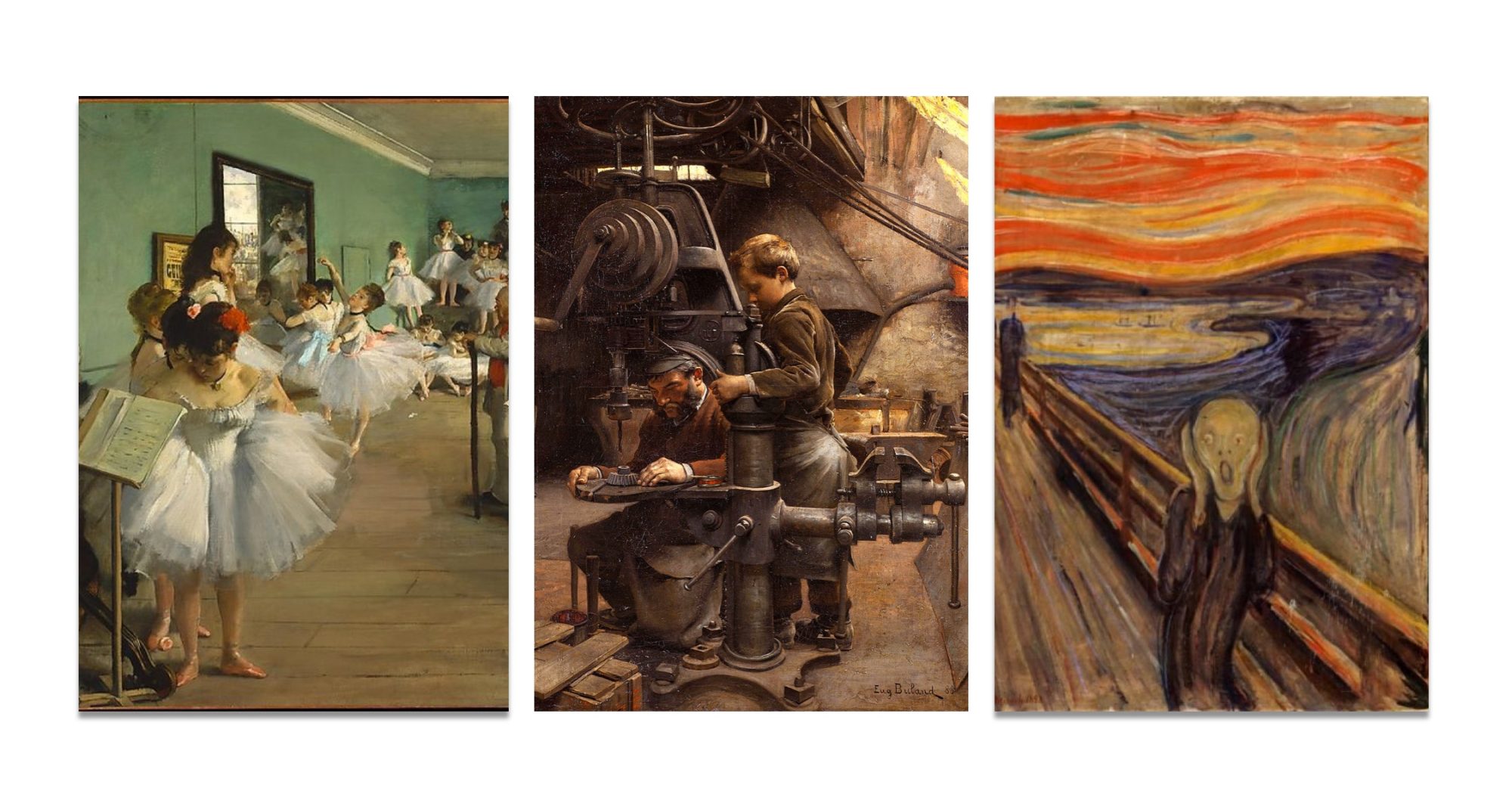During the writing of Thomas Hardy in “The Ruined Maid”, two women are talking to each other in a dialogue that gives us insight into the women that are conversing. One being a woman of lower ranks and tattered clothes, another one being a woman that has risen up, but is also a prostitute. The main hint telling us this is when she calls her “gay”, which in the Victorian Era referred to prostitution.
The tattered woman talks to the ruined maid by telling her how jealous she is of her life in all of her luxury, but the ruined maid explains that she herself is ruined. So I believe that Hardy was attempting to show that although this woman was living a life that wasn’t covered in tattered rags and clothing, she still found herself to be ruined, even when other people (specifically women) wanted her material wealth. The poem seemed to portray that she didn’t find the cost worth the benefit, especially by her saying that the other woman wasn’t ruined.
This brings forward the idea that when a woman is mixed in prostitution, she is thought of as ruined to herself and the rest of the world. This idea is not only shown in this poem from this time period, but also in a poem by Oscar Wilde called “The Harlot’s House”.
We caught the tread of dancing feet,
We loitered down the moonlit street,
And stopped beneath the harlot’s house.
Inside, above the din and fray,
We heard the loud musicians play
The ‘Treues Liebes Herz’ of Strauss.
Like strange mechanical grotesques,
Making fantastic arabesques,
The shadows raced across the blind.
We watched the ghostly dancers spin
To sound of horn and violin,
Like black leaves wheeling in the wind.
Like wire-pulled automatons,
Slim silhouetted skeletons
Went sidling through the slow quadrille,
Then took each other by the hand,
And danced a stately saraband;
Their laughter echoed thin and shrill.
Sometimes a clockwork puppet pressed
A phantom lover to her breast,
Sometimes they seemed to try to sing.
Sometimes a horrible marionette
Came out, and smoked its cigarette
Upon the steps like a live thing.
Then, turning to my love, I said,
‘The dead are dancing with the dead,
The dust is whirling with the dust.’
But she–she heard the violin,
And left my side, and entered in:
Love passed into the house of lust.
Then suddenly the tune went false,
The dancers wearied of the waltz,
The shadows ceased to wheel and whirl.
And down the long and silent street,
The dawn, with silver-sandalled feet,
Crept like a frightened girl.
Oscar Wilde is bringing in the notion of these prostitutes being ruined as well, but puts it in a different way. By explaining their actions in a sense that is non-humanlike, such as “crept”, and also believing them to be of a dead state. By explaining these prostitutes in negative words, it shows the aspect that Hardy was attempting to show. By showing these women as being ruined, they become portrayed in different ways throughout writing. He was also trying to emphasize this idea of love being overtaken by lust, and the downfall that people have when giving into the act of lust.
References:
Oscar Wilde, The Harlot’s House, 1885
Thomas Hardy, The Ruined Maid, 1904


